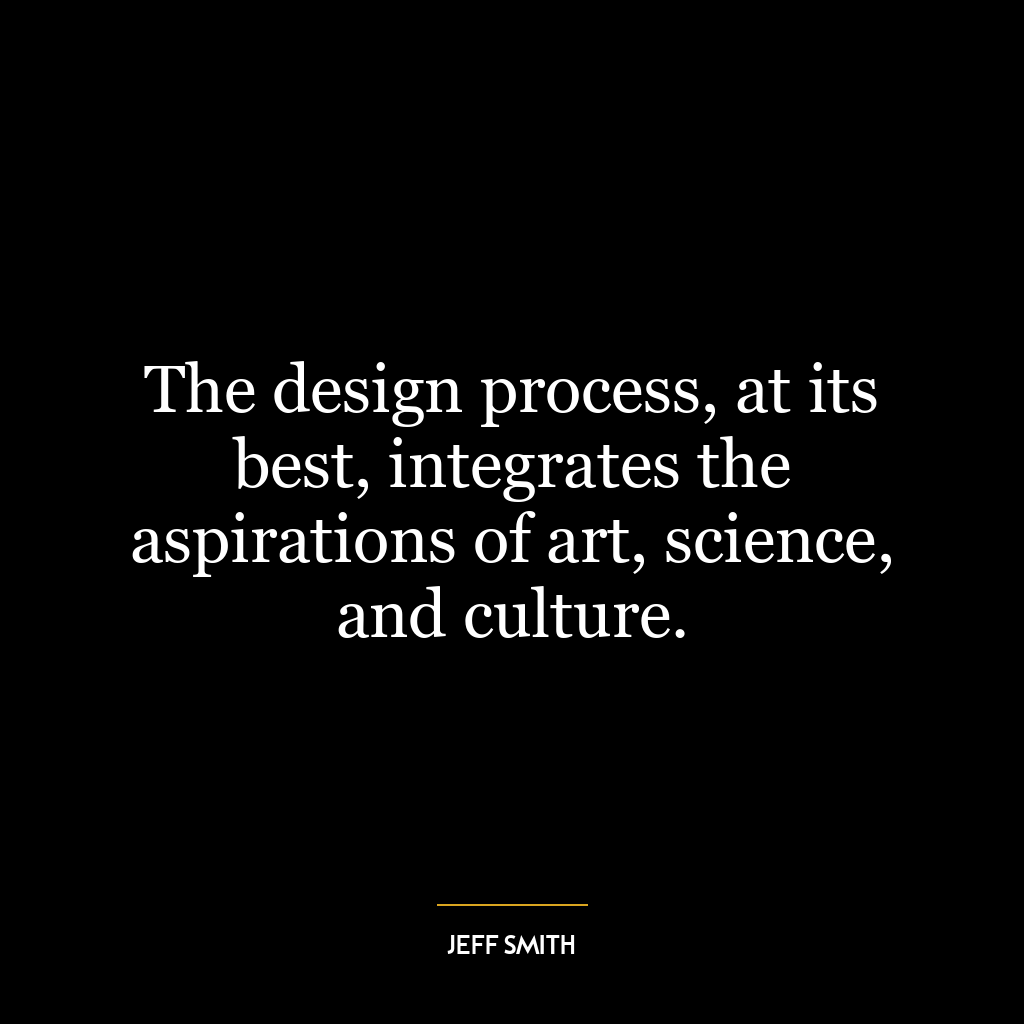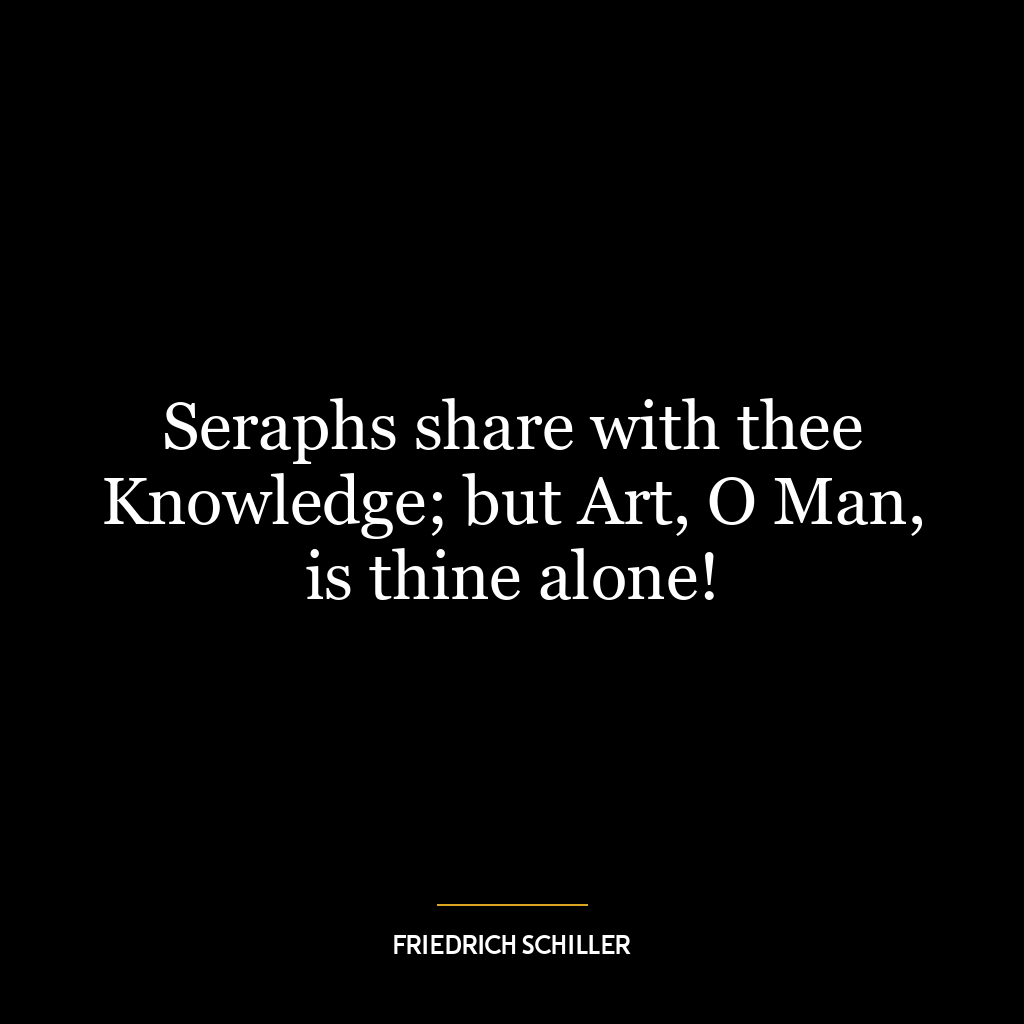Only the real, rare, true scientific minds can endure doubt, which is attached to all our knowledge.
This quote is a testament to the intrinsic nature of doubt in the pursuit of knowledge and truth. It suggests that genuine scientific minds are those that can tolerate, and even embrace, the uncertainty that comes with seeking knowledge. The ability to question, to probe, and to remain skeptical until evidence is presented, is a hallmark of scientific thinking.
In essence, Freud is saying that all our knowledge is attached to doubt because it’s through questioning that we arrive at new understandings and breakthroughs. This is why he asserts that only the ‘real, rare, true’ scientific minds can endure this constant doubt. It’s a process of continuous learning, unlearning, and relearning, and it requires a certain level of intellectual resilience and humility.
Applying this to the contemporary world, we are in an era of information overload, where misinformation and ‘fake news’ are rampant. In such a context, Freud’s idea becomes even more relevant. We need to be able to question the information presented to us, to doubt its veracity until we can confirm it with reliable evidence. This is not just applicable in scientific fields, but in our everyday lives as well.
In terms of personal development, this quote encourages us to embrace uncertainty and to question our own beliefs and assumptions. It’s about being open to new ideas, being willing to change our minds in the face of new evidence, and being comfortable with not knowing everything. This is a powerful mindset for growth and learning. It also calls for intellectual humility, the recognition that our knowledge and understanding are always limited and subject to change. This humility can lead to a lifelong pursuit of learning, a key aspect of personal development.









